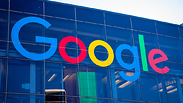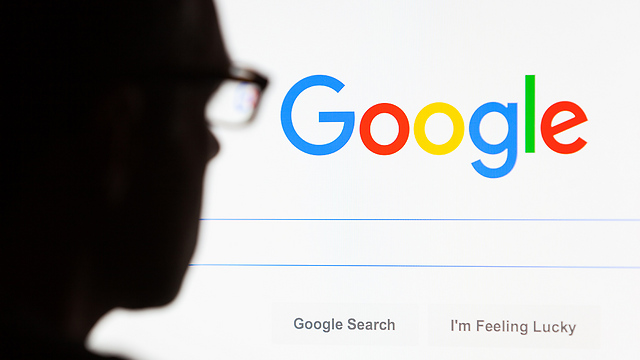
He starts off the report by emphasizing that people are “remarkably honest” when it comes to their online queries. “Google searches reveal interests, prejudices and hatreds that they might keep hidden from friends, family members, neighbours, surveys and even from themselves,” he wrote.
He is correct in his assessment. In that search box we allow ourselves to ask the kind of questions we wouldn't want anyone to know about. This level of honesty is actually quite rare in a world of political correctness and photoshopped selfies.
With that notion in mind, Dr. Stephens-Davidowitz goes on to examine just how frequently people in Britain make Google searches containing anti-Semitic expressions. Using Google Trends (website by Google that analyzes the popularity of top search queries) he discovered that people in Britain, annually conduct on average some 170,000 searches containing anti-Semitic rhetoric with 10% of those queries containing violent phrases.
The report also finds that anti-Semitic search queries spike anytime news from Israel makes UK headlines. For instance, when Netta Barzilai’s song “Toy” emerged victorious at last year’s Eurovision Song Contest, queries containing anti-Semitic rhetoric rose by some 39 percent.
The volume of Google searches about a conspiracy theory that the Jewish Rothschild banking family controls the world has grown significantly among the British internet users.
But the most disturbing finding of the report is the fact that since Google has altered its autocomplete algorithm - to eliminate hateful search suggestions - the numbers of anti-Semitic search queries has lowered. This means that before the changes in the algorithm had been made, Google was encouraging users to look for anti-Semitic content.
For instance, the report cites an investigation conducted by the Observer newspaper back in 2016 that found if a user was to type “are Jews” into search box, the autocorrect algorithm would suggest “Are Jews evil?” as the first option. Meaning that even if a person had no intention to search for any anti-Semitic content, Google would still suggest it an option. The article in the British paper three years is what prompted the tech giant to change the autocomplete algorithm.
After reading the report, I decided to conduct a little experiment of my own to see whether Google autocomplete still makes hate-filled suggestions. I tried typing - in Hebrew - the words “Why Arabs” and the first option autocomplete provided me with was “Why are Arabs bad?” When I asked a general question such as “Why we hate?” Google suggested “Why we hate the Poles?”
Although I know the suggestions made by autocomplete are based on actual searches made by its users, the fact that these inciting and hateful options are not immediately removed is appalling.
I don’t believe Google is interested in encouraging violence in the world, but we - as users - should do our part to stop this phenomenon. On the eve of Holocaust Remembrance Day (Yom HaShoah), I encourage everyone who encounters hateful or inciting suggestions while making Google searches, simply click on the "report inappropriate predictions” options at the bottom of the autocomplete search box. Let’s make Google search a safe environment.

















